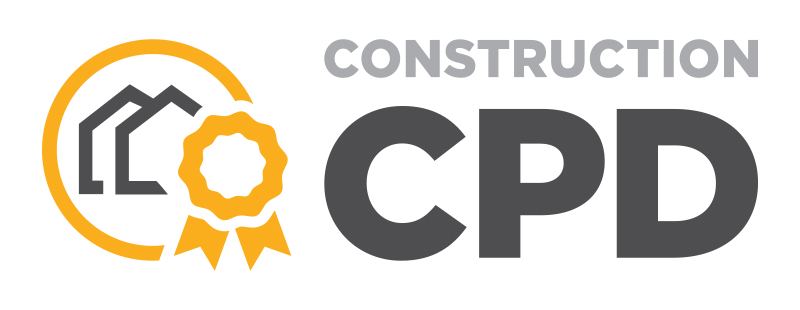An overview of limescale, its problems and how to treat it effectively.
Please contact us via contact@construction-cpd.com to get permission to publish this video on your website.
<div style="position: relative!important; width: 100%!important; min-height: 700px; overflow: hidden!important; padding-top: 56.25%!important;"><iframe src="https://www.construction-cpd.com/cpd-external-view?ExternalId=121&ReturnUrl=https://www.construction-cpd.com/how-to-treat-limescale-in-hot-water-systems" style="position: absolute; top: 0; left: 0; bottom: 0; right: 0; width: 100%; height: 100%; min-height: 500px; border: none;" mozallowfullscreen webkitallowfullscreen allowfullscreen></iframe></div>
CPD Overview
Welcome to this presentation by Aquabion UK, in this CPD we will look at the problems limescale causes and different methods of stopping this issue.
Introduction to Aquabion UK
Aquabion is a global supplier of patented galvanic water conditioning technology with the largest range of sizes for every application.
Facts about water:
- Water regulates the earth's temperature
- At birth an infant is 80% water, by weight
- The term 'hard water' originates from the laundry industry, launderes noticed that in some areas of the country, clothes felt 'soft' once dry
What is 'hard' water?
'Hard water' is water which contains a large amount of mineral ions, most commonly calcium and magnesium ions.
The calcium bicarbonate can decompose when heated to form insoluable calcium carbonate (limescale) along with water and carbon dioxide.
Regulations
Limescale control is recommended by Building Regulations Part L, and the HSG274 - governmental advice on Legionella prevention.
Limescale problems in hot water systems
Limescale builds up within pipework reducing the internal pipe diameter.
Hot water systems
Commercial heating systems all suffer from 'limescaling'.
Hot water problems
Scale deposits form initially during the first test firing of a new installation, especially when water velocity is low.
Fuel wastage and loss of efficency
A 1.5mm layer of scale can reduce your systems efficency by 10%.
Visible limescale problems
Limescale deposits accumulate quickly in appliances such as water heaters, immersion heaters, washing machines and sanitary fittings.
Client issues and costs
- Asset depreciation
- System downtime
- Liability for remedial/replacement works and associated costs
- Damage to reputation
Temporary solutions to combat limescale
Include magnetic, & H.F impulse field
- Condition water temporarily through 'ionisation'
- Ionisation is lost if water is stored, agitated or flows through directional changes in pipework
- Require +LSI to enable any effect
- Not a recommended solution in Part L Building regs
Permanent solutions to combat limescale
An Ion exchange water softener offers a permanent solution.
Electrolytic and Galvanic technologies are another solution.
Galvanic patented solution from AQUABION overcomes the problems associated with the other two solutions.
AQUABION treatment
AQUABION delivers low levels of stable zinc ions into water electronically via a high purity zinc anode.
AQUABION treatment installation
AQUABION needs to be installaed into metallic pipework that is at least the length of the AQUABION unit.
Many thanks for completing this CPD.

